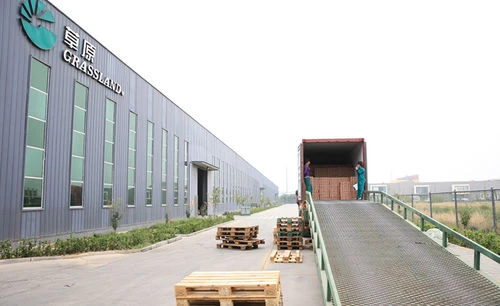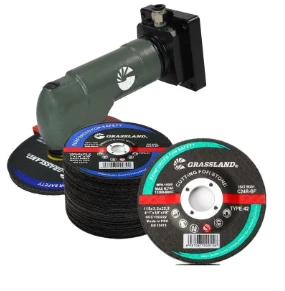

When preparing to invest in a masonry wheel for your angle grinder, take the time to assess your project scope. Evaluate the thickness and type of materials you anticipate cutting, your budget, and your personal or professional need for longevity versus cost. In some scenarios, opting for high-quality diamond wheels pays off in avoided downtime and a reduced need for frequent replacements, especially in heavy-duty applications. Regular maintenance and inspection of both the angle grinder and the masonry wheel can significantly extend their lifespans and ensure optimal safety and performance. Users are advised to look for signs of wear, including chips or cracks in the masonry wheel, and avoid using damaged wheels at all costs. Furthermore, implementing a routine cleaning schedule to remove dust and debris will help maintain clear vision and precise cuts. Purchasing from reputable manufacturers amplifies the trustworthiness and reliability of your tools. High-caliber brands typically provide detailed specifications, user guides, and robust customer support to assist with any technical questions or safety concerns. They may also offer certifications or guarantees that can reassure users about their product's quality and performance standards. Feedback from experienced professionals can further guide prospective buyers. Peer reviews often highlight practical insights that are not always apparent in standard product descriptions. Listen to the experiences of others who have used specific brands to learn about their performance under real-world conditions. To conclude, the decision to invest in a masonry wheel for your angle grinder is one of balancing durability, cost, and specific project needs. Through careful selection, proper use, and diligent maintenance, you can ensure precise, efficient cutting experiences and achieve the desired outcomes in your masonry projects. With the right approach, this investment is not just in a tool, but in quality craftsmanship and safety.
Post time:Feb - 14 - 2025

















